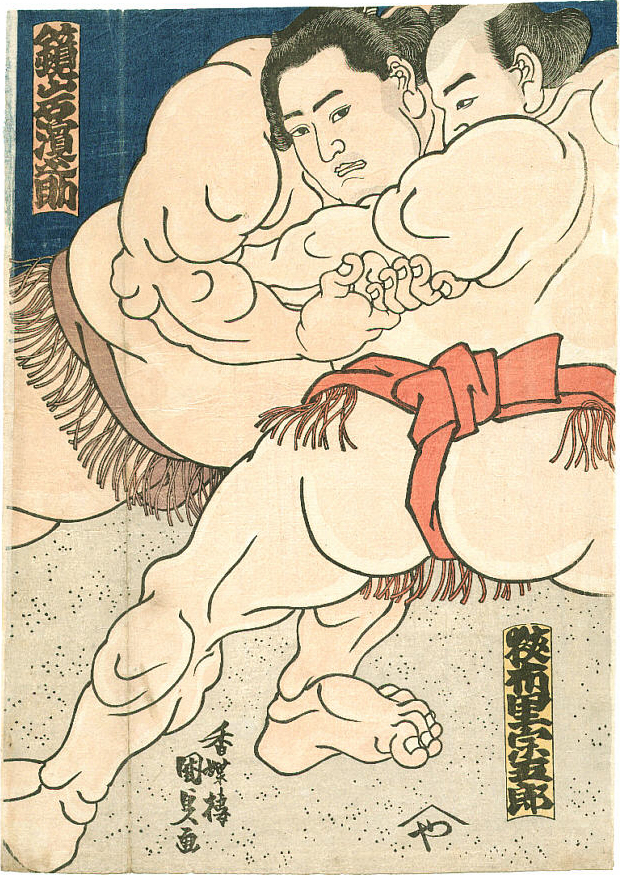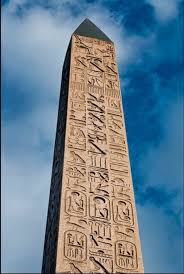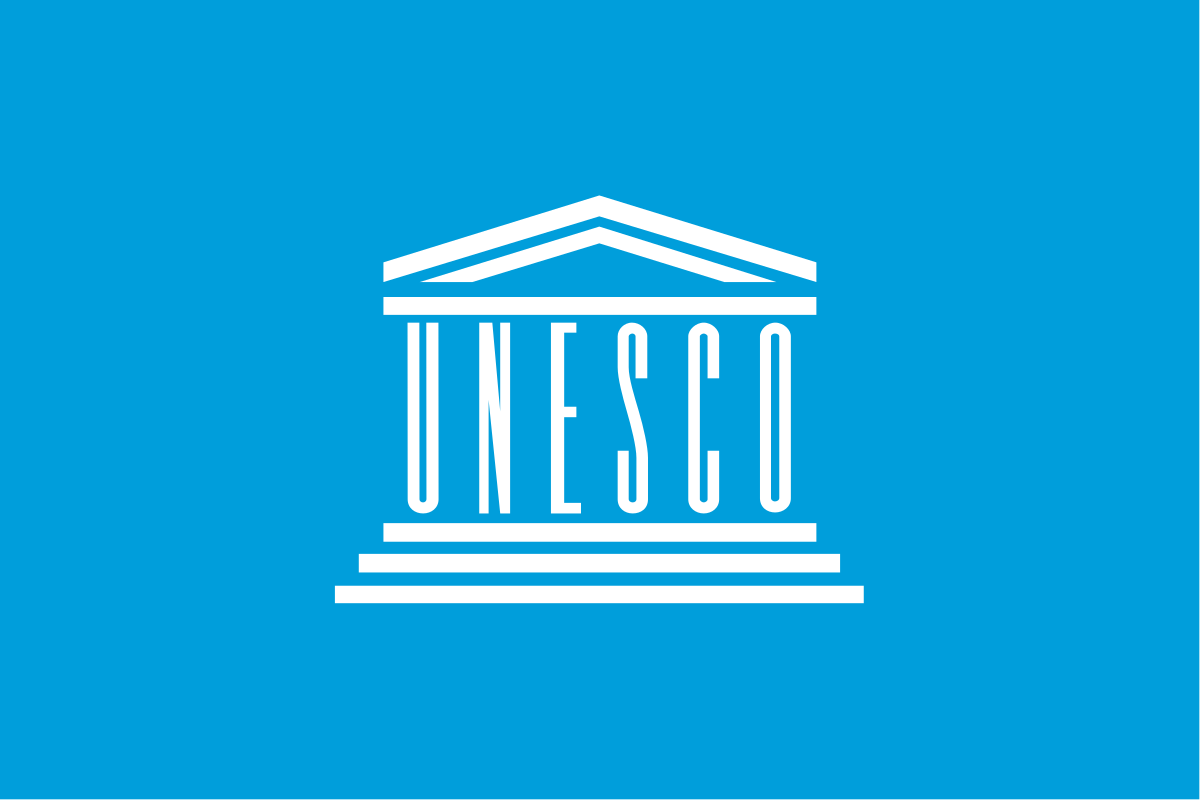Stamp: Fountain of the Dioscuri at the Quirinale (Italy 1959)
Fountain of the Dioscuri at the Quirinale (Italy 1959)
23 June (Italy ) within release Olympic Games goes into circulation Stamp Fountain of the Dioscuri at the Quirinale face value 15 Italian lira
| Stamp Fountain of the Dioscuri at the Quirinale in catalogues | |
|---|---|
| Michel: | Mi:IT 1039 |
| Stamp Number: | Sn:IT 773 |
| Yvert et Tellier: | Yt:IT 788 |
| Stanley Gibbons: | Sg:IT 996 |
| Unificato: | Un:IT 861 |
Stamp is vertical format.
Also in the issue Olympic Games:
- Stamp - Fountain of the Dioscuri at the Quirinale face value 15;
- Stamp - Basilica of Maxentius face value 110;
Stamp Fountain of the Dioscuri at the Quirinale it reflects the thematic directions:
Special Occasions
Sports, are all usually forms of competitive physical activity or games which, through casual or organised participation, aim to use, maintain or improve physical ability and skills while providing enjoyment to participants, and in some cases, entertainment for spectators. Usually the contest or game is between two sides, each attempting to exceed the other. Some sports allow a tie game; others provide tie-breaking methods, to ensure one winner and one loser. A number of such two-sided contests may be arranged in a tournament producing a champion. Many sports leagues make an annual champion by arranging games in a regular sports season, followed in some cases by playoffs. Hundreds of sports exist, from those between single contestants, through to those with hundreds of simultaneous participants, either in teams or competing as individuals. In certain sports such as racing, many contestants may compete, each against each other, with one winner.
The modern Olympic Games or Olympics (French: Jeux olympiques) are leading international sporting events featuring summer and winter sports competitions in which thousands of athletes from around the world participate in a variety of competitions. The Olympic Games are considered the world's foremost sports competition with more than 200 nations participating. The Olympic Games are held every four years, with the Summer and Winter Games alternating by occurring every four years but two years apart.
An obelisk is a tall, slender, tapered monument with four sides and a pyramidal or pyramidion top. Originally constructed by Ancient Egyptians and called tekhenu, the Greeks used the Greek term obeliskos to describe them, and this word passed into Latin and ultimately English. Though William Thomas used the term correctly in his Historie of Italie of 1549, by the late sixteenth century (after reduced contact with Italy following the excommunication of Queen Elizabeth), Shakespeare failed to distinguish between pyramids and obelisks in his plays and sonnets. Ancient obelisks are monolithic and consist of a single stone; most modern obelisks are made of several stones.
The United Nations Educational, Scientific and Cultural Organization (UNESCO; pronounced /juːˈnɛskoʊ/) is a specialized agency of the United Nations (UN) with the aim of promoting world peace and security through international cooperation in education, arts, sciences and culture. It has 194 member states and 12 associate members,as well as partners in the non-governmental, intergovernmental and private sector. Headquartered in Paris, France, UNESCO has 53 regional field offices and 199 national commissions





